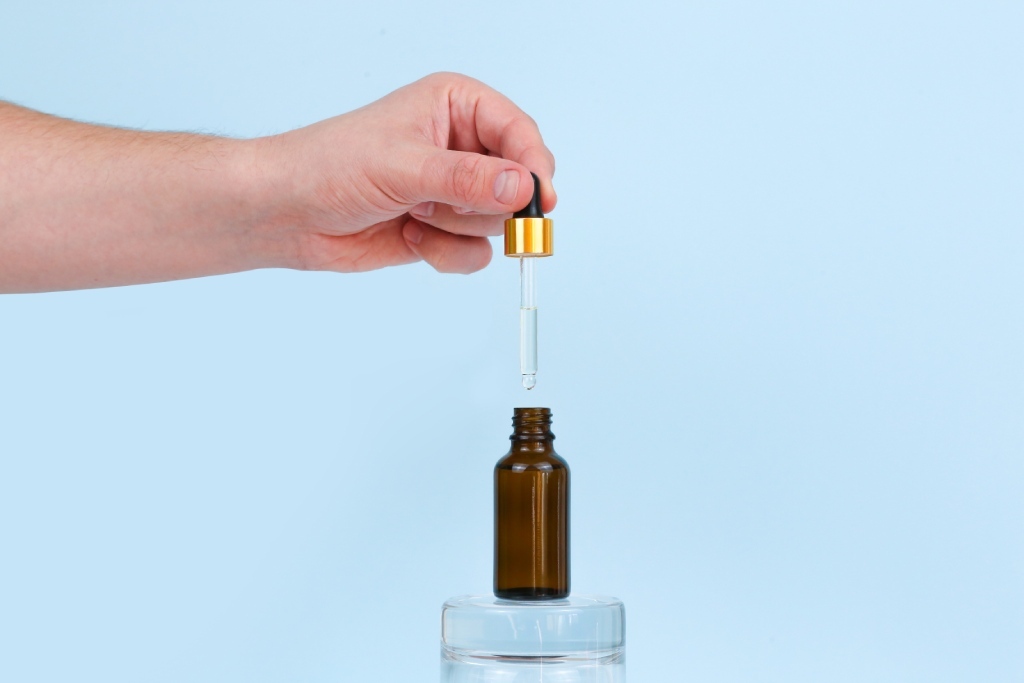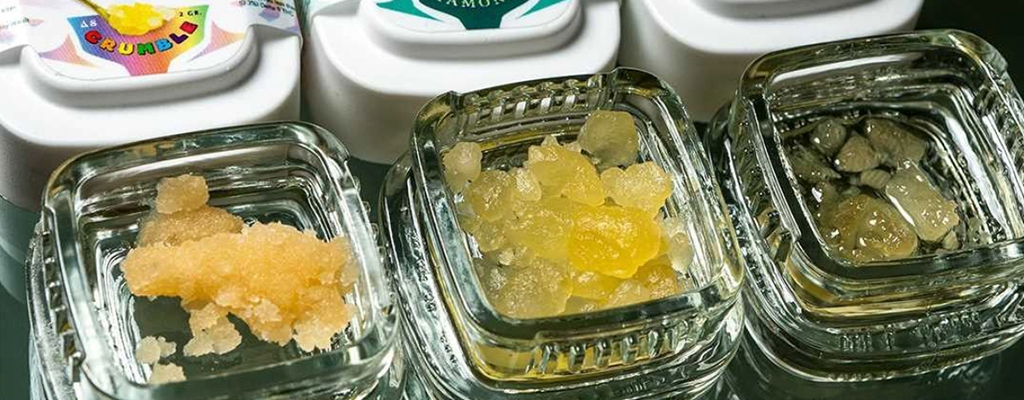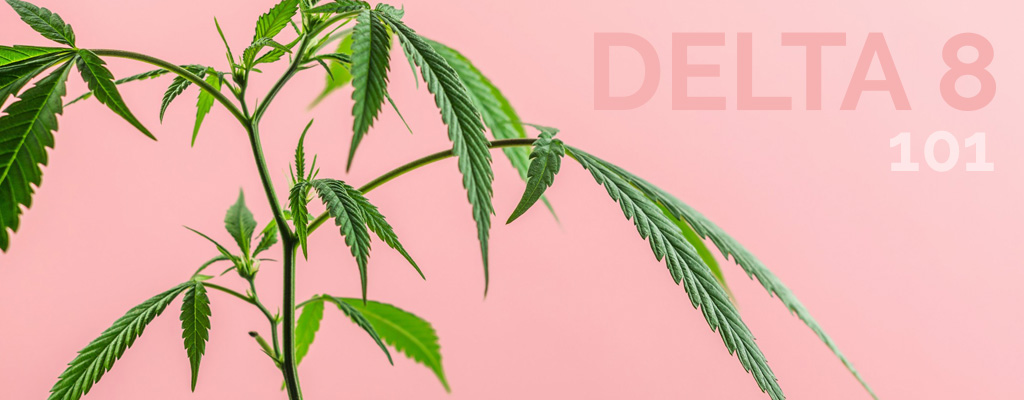Tinctures are easy to use, discreet, and long-lasting. Those are just a few reasons to consider trying them.
If you’re interested in how hemp-derived tinctures work, or simply want to learn what they are, you’re in the right place. Keep reading to learn more about tinctures, from what makes them unique to how long a dose can last.
What are Tinctures?
When it comes to CBD and other hemp-derived cannabinoids (active chemicals found in hemp and cannabis plants), the word “tincture” has two different meanings. There’s a technical definition of a specific type of CBD or cannabinoid product, and a casual meaning that includes two types of products:
- The technical definition. A tincture is a medicinal substance dissolved in alcohol, as Merriam-Webster explains. In some cases, other solvents besides alcohol may be used, but the result is the same.
- In casual use. The word tincture, or terms like CBD tincture or cannabinoid tincture, can refer to the technical definition above or an oil.
While they’re similar — both contain a cannabinoid in a liquid — oils do not use alcohol in their production. Instead, they leverage carrier oils like MCT oil or coconut oil.
Tinctures and oils are also similar in that they’re both taken under the tongue (sublingually). That’s the main reason both are referred to by the same term. However, oils can also be applied topically.
The reason these terms are sometimes used interchangeably is because of how alike the two products ultimately are. However, there are benefits that only tinctures offer (i.e. fast absorption under the tongue) or that only oils offer (i.e. effective topical application).
By checking the ingredients and labeling of the product you purchase, you can be clear on whether it’s an oil or tincture. That way, you can be sure you get all of the benefits you’re looking for.
What Cannabinoids Are Commonly Found in Tinctures?
In theory, a tincture can contain any type of cannabinoid. In practice, there are plenty of options to choose from. You can find Delta 8 tinctures, THC-V tinctures, and many more.
CBD is probably the most common cannabinoid found in tinctures. CBD is not psychoactive, meaning it doesn’t produce a high. However, it has benefits like helping to manage pain, anxiety, and insomnia, as Harvard Health Publishing explains.
In light of those benefits, CBD tinctures are popular because they:
- Are discreet and easy to use
- Aren’t as strongly associated with recreational cannabinoid use as methods of consumption, like smoking or vaping
- Can start working in as few as 15 minutes when held under the tongue, as Real Simple explains
- Offer precise control over dosing
Are Cannabinoid Tinctures Legal?
Cannabinoid tinctures derived from hemp plants containing no more than 0.3% Delta 9 THC are legal federally. The 2018 Farm Bill legalized the commercial production of hemp meeting that standard.
However, some states and municipalities have laws restricting the sale of hemp-derived cannabinoids. Be sure to check on local laws that affect you before making a purchase.

How Do Tinctures Work?
Wondering how THC tinctures work, or how cannabinoid tinctures work? The answer is the same for any kind of tincture containing a cannabinoid.
Tinctures can be absorbed under the tongue, through the mucous membranes that are present there. This delivers the active ingredient, whether CBD or another cannabinoid, to your bloodstream.
Tinctures can also be swallowed, which can be a more pleasant experience than holding the liquid under your tongue. However, this means the active ingredient will pass through your digestive system. Why is that important? Let’s look at the answer to another common question about tinctures.
How Fast Do Tinctures Work?
The answer to the question “how long do tinctures take to work?” is that it depends.
If you hold a tincture below your tongue, it will directly pass into your bloodstream. That means it will start to act quickly, in about 15 minutes or so. You don’t need to wait for the tincture to be processed by your liver before you start to feel its effects.
When swallowing a dose of tincture, you can expect the effects to take longer to kick in. Factors like metabolism, among many others, mean the timing can be different from person to person and from one dose to another. A general range to start feeling the tincture working is about 30 minutes to two hours.
It’s important to note that consuming a tincture instead of absorbing it under your tongue also produces a longer-lasting effect. That’s because of the metabolic processes that act on the cannabinoids you consume, creating similar but distinct chemicals that have unique properties.
The good news is that you can choose between these two routes of administration and their different length of onset and effects based on your needs.
How Are Tinctures Made?
In general, tinctures are created by extracting a desired chemical or compound from plant material or another substance. The key to this extraction process is alcohol or a similar solvent.
As the material soaks in the solvent, the chemical or compound is extracted from that material. Filtration and purification are also important steps to deliver a more palatable and easy-to-use final product. So are the potential additions of flavoring agents and similar ingredients.
However, the foundational process of making a tincture is a simple one. The desired ingredient is extracted, the tincture is filtered to remove the material the ingredient came from, other ingredients are potentially added, and the resulting solution is packaged in tincture bottles.
These small bottles generally include a dropper with volume measurements in milliliters (mL). That makes it easy to determine the exact dose you want. Looking to learn more about tincture or oil dosing? Check out our in-depth guide on the topic.
Delta 8 Resellers offers high-quality tinctures from the very best brand in the industry. We share the results of independent lab testing for all of our products to ensure quality, too. Shop our range of tinctures!



